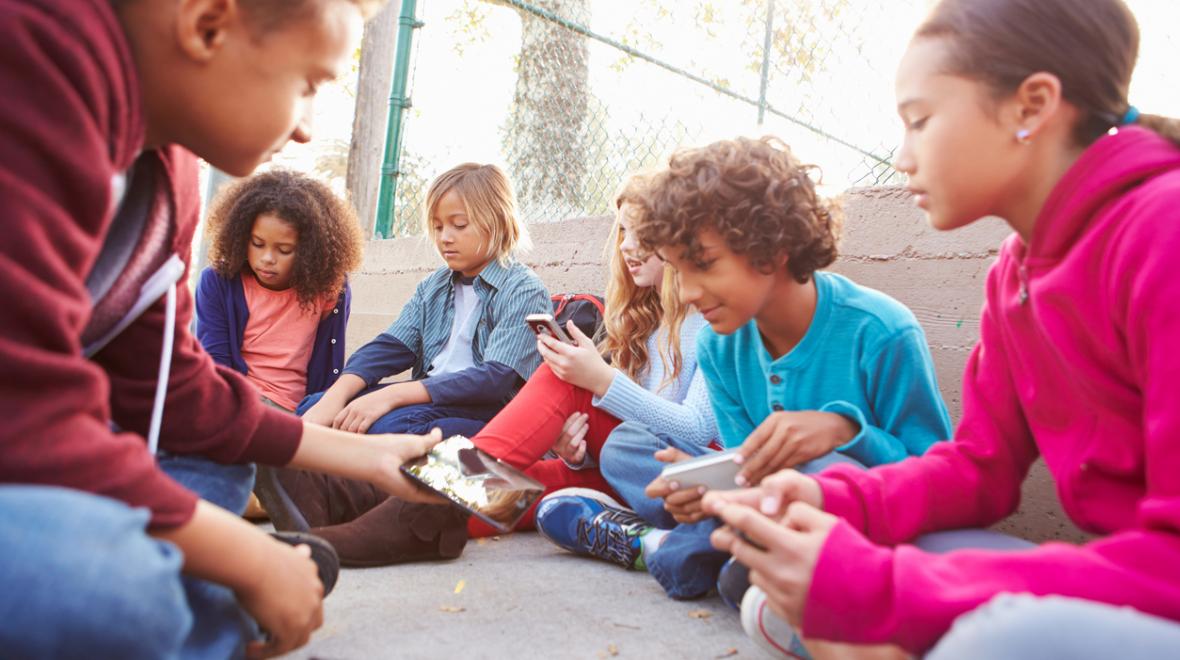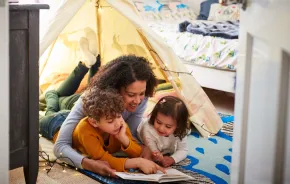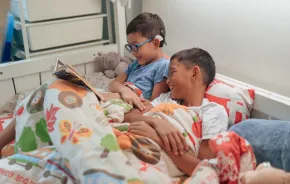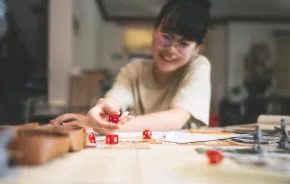
The new documentary film “LIKE” wants parents to know this: Your kids are the product that social media is selling.
“Marketers and people who work in technology know our kids’ attention is a commodity,” says child psychologist Laura Kastner, Ph.D.
“They want to capture our kids’ attention and steer them like cattle to wanting more. Then our kids are commodified for anything else the companies want, so that they can capture market share.”
Kaster, along with another local child psychologist, Tyler Sasser, Ph.D., are glad this movie is adding to the dialogue around how tech is using kids and teens.
How does social media addiction work?
While this is old news in the advertising sector, Kastner believes it’s important that both parents and kids know how tech and social media platforms such as Instagram and SnapChat work on a brain-body level.
“The dopamine release associated with people’s favorite technology is extremely powerful,” says Kastner.
“We yearn for things that make us feel really good: Instagram feeds, shopping networks, 'belongingness' through Facebook connection — and all those 'likes'.”
Social media platforms prey on another important brain system — the threat network, adds Kastner.
“We respond to perceived threats in our environment with anxiety and fear. Marketers know that if you make people afraid, you can sell them solutions. If you are feeling excluded, inadequate, vulnerable or anxious, tech can sell you membership and connection,” says Kastner.
Children and teens are often unable to control their overwhelming urges to pursue rewards.
It’s also hard for kids to limit tech thanks to their immature brains, says Kastner.
“The brain’s reward system reaches its mature state around age 15 while the brain’s self-control area doesn’t mature until the mid-20s. Children and teens are often unable to control their overwhelming urges to pursue rewards. Add to this the challenge a child or teen with ADHD or other condition that makes them particularly vulnerable to media influence [is facing], and you have an extreme challenge.”
Sasser is familiar with this extreme challenge: he works with younger kids with attention and behavior problems.
“A big part of what we hear from parents is that their kids are only motivated by screen time. That’s not a surprise: research shows that the ADHD brain is a dopamine-starved brain.
These kids experience less reward form everyday interactions, and screens are so very rewarding right away,” says Sasser, a psychologist at Seattle Children’s Hospital. The parents he works with often struggle to gain control over media usage and screen time with their kids who are age 5, 6, 7 and 8.
How do you manage it?
There isn’t any single thing to make this struggle easier, says Sasser. Still, he asks the families he works with to create a family media usage agreement. He asks families to have meetings to discuss how much media use is acceptable, and when, where and what types of media can be used.
He fully backs the AAP media recommendations for school-age children that includes co-consuming media and establishing screen-free times.
Kastner seconds these ideas while recommending that families also commit to healthy choices, too.
“Create family values around spending time with family, being on sports teams and in clubs and making art after school and on the weekends. Practice sleep hygiene with no tech in the bedrooms and no media an hour before bed. With enough of these healthy practices, there won’t be a problem with indulgences like Netflix and Instagram scrolling,” says Kastner.
Of course, self-regulation is an ongoing endeavor. Kastner wants parents to know that teaching kids how to self-regulate is a long-term process with room for error and correction.
“We teach by leading with our own good habits,” says Kastner.
If we fall off our path with a long after-dinner Facebook binge tonight, we can talk with our kids about how that made us feel good and bad. Then we can re-commit to doing better tomorrow night, too.











